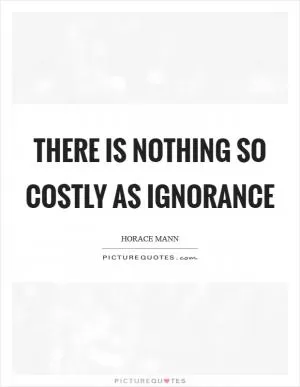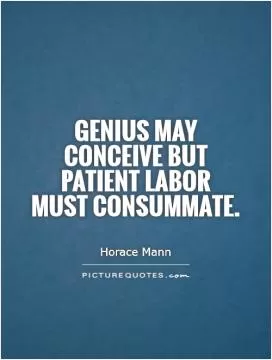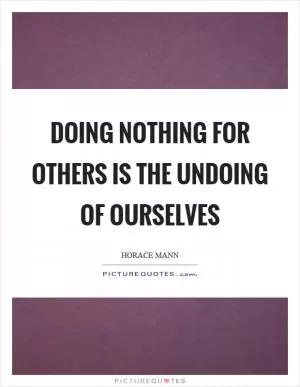The object of punishment is, prevention from evil; it never can be made impulsive to good

The object of punishment is, prevention from evil; it never can be made impulsive to good
Horace Mann, often referred to as the father of American public education, believed in the power of education to prevent evil and promote good in society. He understood that the object of punishment should be to deter individuals from engaging in harmful behaviors, rather than simply inflicting pain or retribution. Mann recognized that punishment alone is not enough to create lasting change in individuals; instead, he believed that education and moral instruction were essential in shaping individuals into responsible and productive members of society.Mann's philosophy on punishment aligns with his broader vision for education reform. He believed that by providing all children with access to a quality education, society could prevent crime, poverty, and other social ills. Mann saw education as a means of instilling moral values, critical thinking skills, and a sense of civic responsibility in young people. By teaching children to think critically and make informed decisions, Mann believed that they would be less likely to engage in harmful behaviors that could lead to punishment.
Mann's emphasis on prevention from evil through education is evident in his advocacy for universal public education. He believed that by providing all children with access to a quality education, society could address the root causes of crime and social inequality. Mann saw education as a tool for promoting social justice and equality, as well as for preventing individuals from engaging in harmful behaviors.












 Friendship Quotes
Friendship Quotes Love Quotes
Love Quotes Life Quotes
Life Quotes Funny Quotes
Funny Quotes Motivational Quotes
Motivational Quotes Inspirational Quotes
Inspirational Quotes